Morphine Addiction Treatment in Cedar Rapids
Discover effective morphine addiction treatment at Radix Recovery, Cedar Rapids. Our tailored recovery plans support your journey to lasting sobriety and wellness.
Morphine Rehab Center in Cedar Rapids
Release Yourself from Addiction and Reclaim Your Future
Morphine addiction can take control of your life, affecting your relationships, career, and health. At Radix Recovery, we understand the complex nature of opioid dependency and provide a structured yet compassionate approach to recovery.
Our treatment program addresses both the physical aspects of morphine addiction and the emotional challenges that come with it. Through a combination of medical support, therapy, and community connection, we help individuals break free from the cycle of morphine abuse and develop the skills needed for long-term recovery.
With our team of experienced professionals by your side, you’ll find the strength and resources to overcome morphine dependency and rebuild a life of purpose and well-being.
What Could Your Future Look Like After Treatment?
- Experience freedom from the physical and psychological grip of morphine addiction
- Rebuild relationships damaged during active addiction with improved communication skills
- Develop healthy coping mechanisms to manage stress without returning to substance use
What Makes our treatment for morphine addiction Different
Healing the Whole Person in a Supportive Environment
At Radix Recovery, we believe effective morphine addiction treatment must address the whole person – not just the addiction. Our program integrates evidence-based therapies, medical support, and community connections to create a comprehensive healing experience.
We recognize that each person’s journey with morphine abuse is unique, which is why we develop personalized treatment plans that address your specific needs, challenges, and goals. Our approach combines the structure needed for recovery with the compassion and understanding that fosters genuine healing.
Understanding Morphine Addiction
Knowledge Is the Foundation of Recovery
Morphine addiction is a serious form of opioid use disorder that results from repeated or prolonged use of morphine, a drug commonly prescribed for pain. It alters brain chemistry, leading to intense cravings and a physical need to keep using the drug to avoid withdrawal symptoms like anxiety, chills, and vomiting. What often starts as legitimate pain management can quickly spiral into dependency, affecting every aspect of a person’s life.
Morphine addiction interferes with decision-making, emotional stability, and daily functioning. Recovery is possible, but typically requires professional support to manage withdrawal and address the underlying causes of addiction.
Why Seek Professional Help for morphine addiction?
Seeking professional help for morphine addiction ensures safe withdrawal management and access to therapies that treat underlying causes. Support from trained clinicians increases recovery success, helping individuals rebuild relationships, restore health, and regain control of their lives.
morphine addiction symptoms
Know the Warning Signs, Take the First Step
Recognizing the warning signs of morphine addiction is the first step toward getting the support needed for long-term recovery.
Signs of Morphine Addiction
- Taking more morphine than prescribed
- Intense cravings for the drug
- Withdrawal symptoms when not using
- Neglecting responsibilities or relationships
- Doctor shopping or seeking multiple prescriptions
- Mood swings or irritability
- Experiencing confusion, memory issues, or poor concentration
- Continued use despite health, legal, or financial issues
Recognizing these signs in yourself or someone close? Radix Recovery’s morphine addiction treatment program can provide the guidance and tools to overcome addiction and rebuild a healthy life.
Side Effects of morphine abuse
Morphine abuse can lead to a range of harmful side effects that impact both physical health and mental well-being. In the short term, users may experience drowsiness, nausea, constipation, dry mouth, and slowed breathing. These effects can impair judgment and coordination, increasing the risk of accidents and injuries.
Over time, prolonged morphine abuse can result in more serious complications such as respiratory depression, weakened immune function, hormonal imbalances, and liver or kidney damage. Psychological effects may include mood swings, anxiety, depression, and cognitive issues like confusion or memory loss. Tolerance often develops, requiring higher doses to achieve the same effect, which increases the risk of overdose.
Additionally, morphine withdrawal symptoms – such as muscle aches, restlessness, and insomnia – can be intense and make quitting difficult without professional support. Seeking treatment early is key to preventing long-term damage and achieving lasting recovery.
How to Support a Loved One Through Addiction Recovery
Begin the Journey with Compassion and Guidance
Watching someone you care about battle morphine addiction can be heartbreaking, especially when the signs are subtle. This type of addiction often masks deeper emotional struggles, leading to mood swings, secrecy, and withdrawal from loved ones. Your support – rooted in compassion and understanding – can be the first step toward their recovery.
At Radix Recovery, we offer expert-led intervention services to guide families through these critical first steps. Our comprehensive morphine addiction treatment also supports individuals and their loved ones from detox to long-term recovery, helping them reconnect, heal, and build a future filled with hope.
What Makes Radix Recovery Unique?
Where Empathy Meets Medical Expertise
Our morphine recovery program goes beyond medical detox by incorporating a spectrum of healing modalities – therapeutic massage, infrared sauna sessions, restorative yoga, personalized fitness coaching, and expressive art therapy – creating a multidimensional approach to breaking opioid dependency.
These wellness components work synergistically to ease physical discomfort, release stored trauma, and develop healthy pleasure responses, replacing the artificial relief of morphine with sustainable well-being practices.
Why Cedar Rapids Trusts Radix Recovery
At Radix Recovery, we’ve established ourselves as Cedar Rapids’ trusted resource for addiction recovery through our dedicated commitment to personalized treatment. Under the expert guidance of Dr. Courtney Brennaman and Dr. Jacob Christenson, our specialized team provides comprehensive care specifically designed for the multifaceted challenges of morphine addiction.
By seamlessly integrating evidence-based therapies, compassionate emotional support, and holistic wellness practices, we address both the physical dependency and psychological aspects of opioid use disorder. Our tailored recovery pathways help clients not only overcome morphine addiction but also develop the skills and resilience needed to build a fulfilling, substance-free life.

Morphine Recovery Programs in Cedar Rapids
Begin a New Chapter Free From Morphine Dependency
Radix Recovery stands apart by offering more than basic rehabilitation – we provide individualized morphine addiction treatment that facilitates healing at every level. Our integrated programs address both the physical challenges of opioid withdrawal and the deeper psychological aspects of addiction, creating pathways to genuine transformation and sustained recovery.
Our specialized morphine treatment programs includes:
Our expert addiction therapies
Trusted Methods for Long-Term Sobriety
We provide evidence-based therapies specifically designed to address the neurological and psychological impacts of morphine dependency, helping individuals overcome cravings, develop healthy coping mechanisms, and create a solid foundation for sustained recovery.
Our therapies include:
Iowa's Hidden Morphine Challenge
From Pain Relief to Addiction
Morphine addiction remains a significant component of Iowa’s prescription opioid challenge, even as the state maintains lower overall drug abuse rates nationally (ranking 48th in overdose deaths). As a prescription opioid, morphine has been part of the category that has seen fatality rates decrease from 4.0 to 2.5 per 100,000 over the past decade.
Despite this modest improvement, morphine abuse continues to contribute to Iowa’s 237 opioid-related deaths recorded in 2022. Particularly concerning is the 160% increase in opioid fatalities among Iowans under 25 since 2019, suggesting morphine and other prescription opioids remain accessible to younger populations.
Iowa’s response includes expanding access to specialized treatment for morphine dependency through over 100 medication-assisted treatment facilities statewide, addressing both the physical withdrawal challenges and psychological aspects of morphine addiction that continue affecting communities across Cedar Rapids and beyond.
- 160% rise in opioid-related deaths among residents under 25 since 2019
- Prescription opioid mortality rate fell from 4.0 to 2.5 per 100,000 over ten years
- The opioid crisis in Iowa is shifting from prescription drugs like morphine to illicit opioids






Contact Us
Your Path To Recovery
Our Iowa-based Morphine treatment programs provide comprehensive care tailored to support your physical and mental well-being, helping you build a life free from alcohol with a clear path to sobriety.
- Contact Us - Fill out the form or call the number on this page
- Personalized Assessment - Meet with an admissions specialist to create a care plan
- Begin Treatment - Visit Radix Recovery for your first alcohol treatment session
FAQ
Get the Answers You Need to Start Your Recovery!
We understand that seeking help for Morphine addiction can be overwhelming and raises many questions. To help you better understand our treatment process and what to expect, we’ve compiled answers to some of the most frequently asked questions:
Can someone be addicted to morphine even if they follow a prescription?
Yes, even individuals who take morphine exactly as directed can develop physical dependence. Over time, the body may require more of the drug to achieve the same effects, increasing the risk of misuse. This is why ongoing medical supervision is critical during long-term opioid therapy.
Will stopping morphine suddenly be dangerous?
Quitting morphine abruptly, especially after long-term use, can lead to intense withdrawal symptoms that are physically and emotionally distressing. In some cases, it may cause dehydration, increased heart rate, or complications from other health conditions. A medically supervised taper is the safest option.
Can pain still be managed after overcoming morphine addiction?
Absolutely. Many individuals in recovery learn alternative pain management techniques such as physical therapy, mindfulness, acupuncture, or non-opioid medications. A coordinated care plan with medical professionals ensures that pain is managed safely without risking relapse.
How can I stay motivated during recovery?
Setting small, achievable goals and celebrating progress can help maintain motivation. Support from peers, therapists, and loved ones also plays a big role. Reminding yourself of your reasons for quitting—like health, family, or personal growth—can reinforce your commitment.
Is it normal to feel guilty or ashamed during recovery?
Yes, many people in recovery experience guilt about their past actions. While these feelings are common, they can also be barriers to healing if left unaddressed. Therapy helps individuals confront guilt in a healthy way and focus on rebuilding self-worth.


